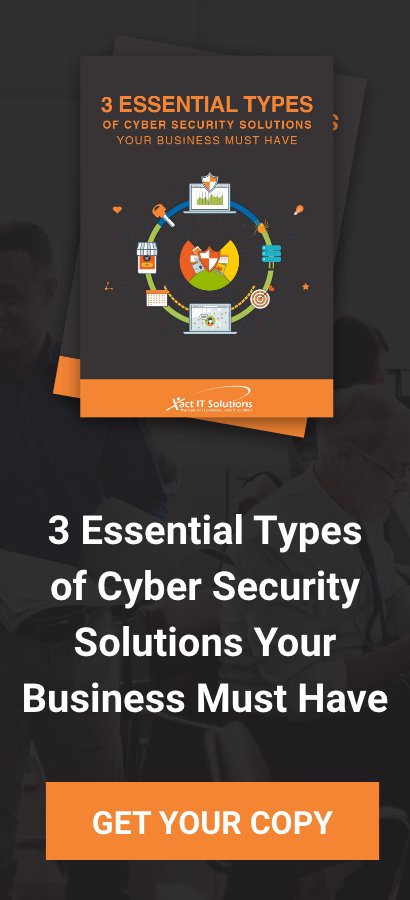Whether it's a physical disaster like flood or fire, or a data disaster like a failed hard drive or data breach, the surest thing companies can plan for is that at some point, their business will be put to the test in a disaster recovery scenario. In the case of physical disaster, having an insurance policy will provide coverage of their furnishings, but what is protecting the company's digital assets?
Backup Isn't Enough
The simplest solution that most companies have in place is to simply backup the data, but it isn't as simple as it seems. You need to determine what data is critical to the organization and to which departments, and then set a backup schedule to accommodate that. Then you need to continuously monitor the data to ensure there are no corruptions or that the backup ran successfully.
Even with a backup, the data isn't really safe. A ransomware attack can encrypt local drives as well as external drives that house the backup. In order to be fully redundant, you need at least three areas to backup: onsite, offsite and cloud-based. Then you need to run semi-annual backup drills to ensure that if the business needs the data recovered, it can be done in a timely manner.
Can You Afford to Lose Data?
How long could your company operate if it lost customer data? Could it survive the inevitable compliance fines and loss of trust that follows most breaches? The statistics show that 40 to 60 percent of business that suffer a significant data loss through disaster or breach are no longer in business within one year.
Outsource IT
Given the sheer number of tasks involved in a proper disaster recovery plan, it's worth it to consider outsourcing the business IT support in this area. Most managed service providers can provide the level of reporting, monitoring and security that your business data needs. An initial discussion identifying key areas of data to protect will often be the starting point and it can help you craft a solid disaster recovery plan that will prevent you from losing more than just some data.


